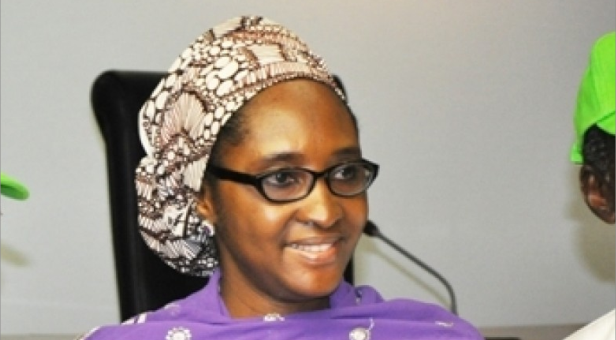With a burgeoning debt profile which currently stands at over N26.2 trillion, the federal government has also concluded plans to borrow another N2 trillion from the pension funds to finance infrastructural deficit in the country.
Kaduna state governor, Mallam Nasir el-Rufai, who disclosed this on Thursday, said the decision was reached at the National Economic Council (NEC) meeting presided over by the Vice President, Yemi Osinbajo, in Abuja.
According to el-Rufai, the country will never be able to address its road infrastructure deficit with the current budgetary allocation for road construction and maintenance. He explained that with the N200 billion in the 2019 budget and N169 billion in 2020 budget, roads cannot be properly fixed.
“We will never be able to construct and maintain highways with N200 billion every year. Highway infrastructure and maintenance can only be done with long term funds.”
Speaking on the rationale to borrow for the N10 trillion pension fund, El-Rufai stated that the decision followed an interim report earlier presented to the council, and the decision to borrow N2 trillion from the pension fund was in compliance with the Pension Reform Act 2004, which empowers the government to borrow 20% of the fund to address national issues.
According to him, various countries of the world such as Chile and South Africa funded their infrastructure growth by borrowing money from workers’ pension funds.
El-Rufai also stated that with Nigeria’s pension funds largely dominated by youths in their 30s, who still have several years ahead of retirement, utilising the funds for infrastructure would not generate any problem.
While lamenting on the moribund state of infrastructures in the country, El-Rufai stated that in the last three years, the Federal Government had invested N1.7 trillion in the power sector, without any meaningful effect.
According to him, the committee has thrown open consultations on how to fix the endemic crises plaguing the power sector, by inviting memoranda from the general public.
Speaking recently at the World Economic Forum (WEF) in Switzerland, the Minister of Finance, Budget and National Planning, Mrs Zainab Ahmed reaffirmed that Nigeria does not have a debt problem but the challenge of under-performing revenues, which makes debt service obligation a struggle for the country.

 Health5 days ago
Health5 days ago
 Entertainment7 days ago
Entertainment7 days ago
 Education7 days ago
Education7 days ago
 Crime5 days ago
Crime5 days ago
 Health7 days ago
Health7 days ago
 Comments and Issues6 days ago
Comments and Issues6 days ago
 Football6 days ago
Football6 days ago
 Latest6 days ago
Latest6 days ago

